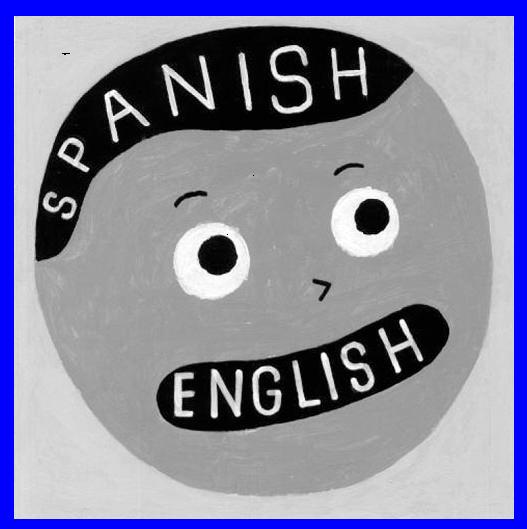- 30 years experience in the field of Special Education
Bilingual Special Education
Extracurricular Activities for Kids with Special Needs
July 29, 2015How to Teach Elementary School Kids About Money
September 16, 2015Special education teachers know the challenges of teaching students with special needs. Add to that the fact that some children with special needs must be taught in a language other than English, and the odds become greater that this child will not be taught as thoroughly and may not learn as well. This is not because the child does not progress as quickly as his peers, and it’s not because he isn’t as intelligent or as good a learner as other students with special needs. It is typically because bilingual special education requires more specialized teachers and perhaps more specialized teaching methods. All children in our country deserve an education. It’s important for their individual development, and it’s important for the country as a whole. However, until recently, too many children with special needs have not gotten the kind of attention they need, and add to that the challenge of a bilingual special education, and the chances that they’re getting the education they need are much less. Thankfully, top special Ed teachers are bringing attention to this fact, and bilingual special education is beginning to the attention it needs.
Recent information from the Census and Immigration and Naturalization Service shows that upwards of 70 million children in the United States today belong to a bilingual population, with most of those living in the large urban areas. As many school districts have long been furnishing appropriate educational systems for children with special needs (though more work in this area is always needed), the fact is that bilingual education for children with special needs is still lacking. According to the U.S. Office of Special Education, there are nearly a million children throughout the country who have special needs and who also need bilingual education. Representation is on the rise for these students; however, the need still exists for more.
According to experts, bilingual special education systems and programs must consider certain factors for every student. These factors include (1) intellectual capacity, (2) degree of disability of special need, and (3) level of language proficiency, not only in English but in their primary language. This is why new programs are being developed that include these three factors in order to properly place all students. It is proper placement that enables students to learn more effectively.
A student’s specific special needs or degree or level of disability must be considered when designing a proper educational system that will enable the most effective learning environment and program. Additionally, every student’s best language proficiency needs to be taken into consideration in order to find their appropriate place. For instance, a student with special needs may have an intellectual level that places him in a higher skill set, but because he is not as proficient in English as in his primary language, he may not be getting the education he needs or deserves. In the past, this likely meant that this student didn’t do as well as another student of the same level of intelligence, but has the English proficiency the first child does. This is why educators are seeking to better and more fully combine special education with bilingual education.
Every child is different. Some children do well in a traditional classroom, while others do well being homeschooled. Some children excel with specific, individualized attention, while others do well learning on their own, at their own pace. And, when it comes to special education, the differences and requirements from one child to the next are also many. This is particularly why bilingual special education is getting more attention these days. For whatever reason, not all children in the country speak fluent English. The reason matters not; what matters is that they get the bilingual special education they need in order to grow, develop special skills and talents, expand their worlds, and mature into the people they are meant to be. Thank goodness there are top special Ed teachers who make it their business, even their mission, to advocate for all students.

